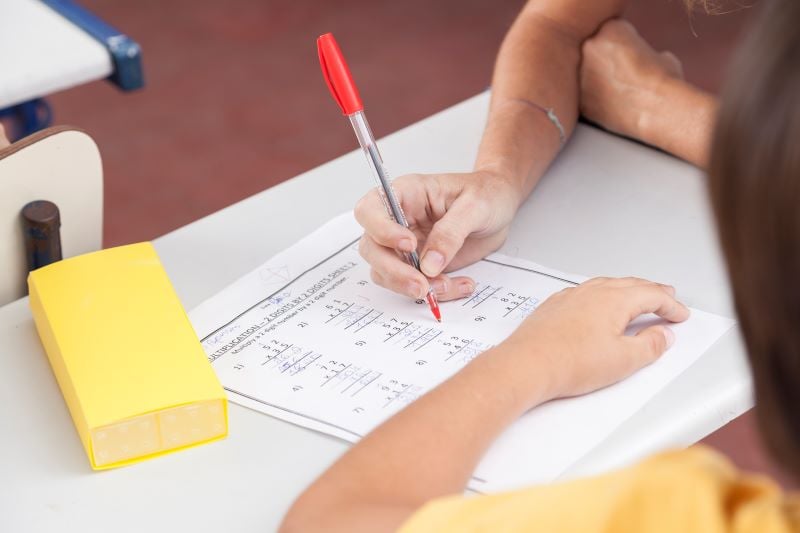 The summer slide is an important topic for parents, teachers, and children, and no, we’re not talking about how many times your 7-year-old goes down the slide at the park this summer. The summer slide actually refers to the downward slide in learning that happens to students if they don’t continue with some type of academic activity over the summer.
The summer slide is an important topic for parents, teachers, and children, and no, we’re not talking about how many times your 7-year-old goes down the slide at the park this summer. The summer slide actually refers to the downward slide in learning that happens to students if they don’t continue with some type of academic activity over the summer.
Why Is This a Problem?
Some people question whether this is an actual problem; after all, we’ve always had a long break over the summer, and we all turned out okay. Can’t the kids just make up for what they lost during the first few weeks of the school year? Well, not really.
Talk to any teacher and you’ll quickly realize that they already have more material to get through than they possibly ever can in one year. Add in a few weeks of catching kids back up, and they’re even more behind.
It’s not just a little bit of knowledge that students lose, either. Studies have shown that they can actually lose up to one-third of the information they learned the previous year. That’s a lot of information; imagine your child missing sixty days of every school year. Students who succumb to the summer slide and don’t continue their education throughout the summer are at a major disadvantage compared to their peers.
What Does the Data Show?
In a meta-analysis of over 38 studies on the summer slide, researchers found that students who did not engage in learning activities performed worse on the same math test at the end of the summer vs the beginning of the summer. A 2014 survey by the Colorado State Library found that students actually enjoy reading more and are more likely to choose to read after engaging in summer reading.
These studies show that taking steps to avoid the summer slide not only helps improve students’ learning, but it also makes them more likely to choose learning behaviors in the future. Research has also found that students who avoid the summer slide in elementary school are more likely to earn a high school diploma.
The Solution
As tempting as it is, don’t let yourself and your kids slip into a lazy mindset of doing nothing all summer. Set aside sometime every day to work on and improve your child’s skills. You don’t have to be a perfect Pinterest parent to help your children either; try simple activities such as reading together, spending time at your local library, and cooking together. Give your children plenty of access to books they are interested in and lead by example by reading, yourself.
We know that life is chaotic, though, and it can be hard to fit time into your busy day to do this with your child. Genie Academy offers educational programs to help your children not only retain the information they learn in school but to supplement and add to their learning.
Sourced through
https://www.cde.state.co.us/cdelib/summerslide





